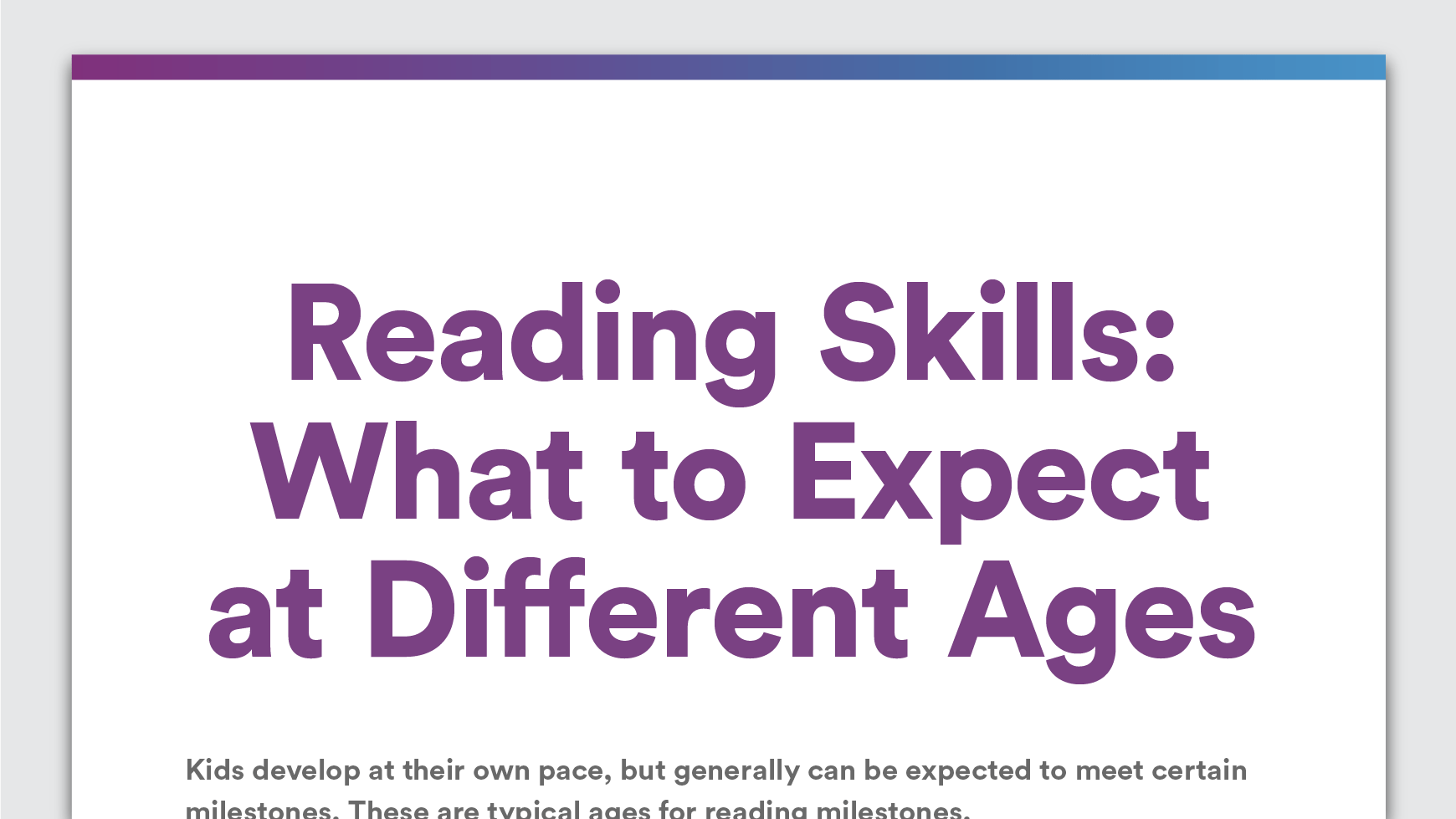How to Become a Freelance Writer With No Degree
Learn how to become a freelance writer without a degree. Discover step-by-step strategies to build a portfolio, land clients, and earn money.

The belief that you need a college degree to become a successful freelance writer is one of the most pervasive myths holding aspiring writers back from pursuing their dreams. In reality, anyone can be a freelance writer—you don’t need any experience or degree, making this one of the most accessible career paths for those seeking independence and creative fulfillment. The freelance writing industry has fundamentally transformed over the past decade, shifting focus from traditional credentials to demonstrable skills and proven writing ability. The short answer is no, you don’t need a degree to be a freelance writer, but that doesn’t mean there aren’t things you can do and skills you can hone to improve your chances of success. This distinction matters significantly because it means your college transcript becomes irrelevant—what matters is your portfolio, your writing samples, and your ability to deliver results for clients. According to the data, it’s a great way to earn extra cash and actually make a living from it, with successful freelance writers without degrees regularly earning between $35-75 per hour or more based on specialization and experience. The Bureau of Labor Statistics reports that writers earn around $73,000 USD per year on average, with many freelancers significantly exceeding this figure. The path to becoming a professional freelance writer without a degree requires strategic planning, disciplined skill development, and consistent action—but it remains absolutely achievable for anyone with the determination to pursue it. This comprehensive guide reveals exactly how to launch your freelance writing career from zero, build a portfolio that attracts high-paying clients, and establish yourself as a credible professional regardless of your formal educational background.
What Freelance Writing Actually Requires
Before embarking on your journey to become a freelance writer, what the role genuinely demands separates successful professionals from those who abandon the career prematurely.
Essential Skills Over Credentials
There is no mandatory qualification to become a freelance writer, but what is more important than a degree is gaining experience and having the right skills. The fundamental requirement is proficiency with the written word. If you don’t already possess strong writing skills, this becomes your immediate priority before pursuing clients.
At a minimum, all you need to get started in freelance writing is a good command of the language you’re writing in and a willingness to learn about new topics if you aim to be a generalist writer. Beyond language mastery, successful freelance writers require time management, organizational skills, the ability to conduct research, and resilience to handle rejection without abandonment.
The Advantage of Niche Expertise
While not strictly necessary, specialized knowledge in particular industries dramatically accelerates career progression. Existing knowledge of a particular field can instill confidence in potential clients, meaning they’re more willing to take a risk on a freelancer with little to no professional writing experience. This expertise doesn’t require formal education; it develops through professional experience, self-directed learning, or passionate personal study.
The writers who command premium rates typically specialize in fields like technology, finance, healthcare, or law—industries where client expertise translates directly into higher compensation. However, generalist writers can succeed by building credibility through demonstrated writing quality and consistent delivery.
Identifying Your Niche: The Foundation of Your Career
Selecting a freelance writing niche represents one of the most critical decisions in launching your career, yet many beginners postpone this indefinitely, paralyzed by perfectionism.
Choosing Your Specialization
Rather than becoming a generalist writing about everything, positioning yourself as a specialist within a particular writing niche accelerates client acquisition and justifies higher rates. Choosing and marketing a profitable niche is the #1 thing that will get you hired over writers with WAY more experience than you. Your niche should intersect three critical factors: topics you genuinely understand or can learn quickly, content areas where you can differentiate yourself from competitors, and niches with sufficient client demand to sustain your business.
Niche Selection Framework
Consider your existing knowledge and background. Do you have years of professional experience in a particular industry? Does your background include technical knowledge others lack? Consider your background, education, and any specialized knowledge you possess. Do you have a degree or other formal training in a certain field? Or do you have several years’ experience in an industry? This area can be your niche.
Common profitable niches include B2B SaaS copywriting, e-commerce product descriptions, healthcare and medical writing, financial content creation, and technology blogging. However, less saturated niches like career coaching content, niche hobby writing, or industry-specific technical documentation can provide better positioning opportunities for beginners.
Developing Your Writing Skills Without Formal Education

If your writing skills need refinement, self-directed learning offers numerous paths to excellence without a degree investment.
Taking Strategic Writing Courses
While optional, targeted writing courses accelerate skill development substantially. If you don’t have them already, start to become a better writer by taking writing courses, practicing for fictional clients, and getting feedback from other people. Quality courses teach specific freelance writing skills like SEO optimization, headline writing, conversion copywriting, or technical documentation—practical abilities that directly translate to client value.
Platforms like Udemy, Coursera, and specialized programs offer affordable writing instruction without the time and expense commitment of formal degree programs. The best courses combine writing theory with practical application, often including feedback mechanisms.
Learning Through Practice and Feedback
The most effective skill development occurs through deliberate practice combined with genuine feedback. Begin writing immediately, seeking constructive criticism from experienced writers in your niche. Join writing communities, participate in writing forums, and engage with fellow freelance writers to receive guidance as you develop your craft.
Building Your Freelance Writing Portfolio From Zero
The portfolio challenge appears insurmountable: clients request writing samples, but you haven’t been hired professionally yet. This classic catch-22 has a straightforward solution through strategic portfolio development.
Creating Spec Pieces: Writing Without Clients
The most effective portfolio-building strategy involves writing “on spec”—creating professional writing samples without a paying client attached. Writing on spec means you’re writing something for a publication or brand without the guarantee that they’ll buy the work from you once you’ve finished writing.
At a high level, you’re going to create or reuse three pieces of content that showcase your niche expertise and writing abilities, then post them somewhere on the internet where potential clients can find them. Write 2-3 stellar portfolio pieces targeting your ideal client profile. If you want to specialize in e-commerce copywriting for beauty brands, write compelling product descriptions and marketing copy specifically for fictional beauty brands.
Guest Posting: Building Published Credentials
Guest posting on established blogs within your niche provides several advantages simultaneously. Pitch your samples as guest posts for other websites in your niche—clients tend to be more impressed when you’ve already been published, so this is a great way to build credibility.
Guest posting establishes you as an expert within your community, generates backlinks to your portfolio website, provides published clips you can reference, and starts building your professional reputation. Research “write for us” opportunities within your niche and pitch editors with relevant content ideas.
Hosting Your Portfolio Online
Your portfolio requires a professional home where potential clients can easily access and review your work. Your portfolio is a key part of your marketing that allows you to get awesome, high-paying freelance writing jobs, even as a total beginner.
Pick your domain, such as yournamewrites dot com, and do not try to get away with a free website—clients won’t take you seriously if you don’t have this. Your custom domain costs less than $20 annually and communicates professionalism to potential clients.
Portfolio hosting options include dedicated portfolio platforms (Reedsy, Contently), personal websites built on WordPress, or even simple Google Docs shared links (though this appears less professional). Most successful freelance writers invest in a simple WordPress website showcasing their best work, organized by niche or writing type.
Establishing Your Professional Presence and Brand
Your freelance writing brand extends beyond portfolio samples to encompass your entire professional identity online.
Creating a Compelling LinkedIn Profile
LinkedIn serves as your digital resume and professional networking hub. Make sure your LinkedIn profile, resume/CV, and freelance profile are up to date with relevant degrees, certifications, training, work experience, and skills.
While you lack a degree, emphasize relevant experience, professional projects, and any specialized knowledge. Include links to your portfolio and published work. Your LinkedIn headline should communicate your specialization clearly—not “Writer” but rather “E-Commerce Copywriter for Beauty Brands” or “B2B SaaS Content Strategist.”
Starting Your Own Blog or Publication
A freelance writing blog is an excellent way to showcase your writing—it’s probably the best way, actually. Publishing regular content on your own blog demonstrates commitment, provides material for your portfolio, and improves your visibility in search engines.
Write articles addressing topics your ideal clients care about. If targeting tech companies, publish articles about their pain points, industry trends, or writing-related insights. Consistency matters more than frequency—aim for one quality article weekly rather than erratic bursts of content.
Finding Your First Clients: Entry Points into Freelance Work
Landing initial clients requires strategic positioning, and where your target market searches for writing talent.
Leveraging Freelance Job Platforms
Platforms such as Upwork, Fiverr, and Freelance.com are great places to get started as a freelance writer, as they act like big pools of potential clients and jobs, making it easy to pitch for and find work. These platforms provide volume, but also feature intense competition. Success requires carefully crafted profiles highlighting your specific niche, thoughtful proposals addressing client needs rather than listing your services, and a willingness to start at competitive rates while building reviews and reputation.
Pitching Publications and Editors Directly
Direct pitching to publications, blogs, and companies reaches decision-makers without marketplace competition. You may find various freelance opportunities on several job boards, or pitch your articles to magazines and online journals, and even approach newspapers or publications with your ideas.
Research publications in your niche, study their content style, and craft personalized pitches to editors demonstrating how your proposed article serves their audience. Research the organization to understand the type of content they may request before applying for any job. Personalized pitches receive significantly higher response rates than generic submissions.
Networking Within Your Industry
The most sustainable freelance writing income develops through relationship-based client acquisition. The secret to getting long-term, high-paying clients is a relationship—solid friendships with people in your niche means you’ll become the go-to person for the type of writing you do.
Attend industry conferences, engage authentically on LinkedIn, participate in relevant online communities, and build genuine relationships with potential clients. One meaningful connection often leads to multiple referrals and sustained work.
Setting Rates and Establishing Sustainable Business Economics
Pricing represents one of the most challenging decisions for beginning freelance writers, with the stakes determining whether your business becomes sustainable.
Compensation Models
Freelance writers employ various compensation approaches: hourly rates ($25-150+/hour depending on experience and specialization), per-word rates (typically $0.10-$1+ per word), project-based fees, or retainer arrangements (recurring monthly payments for ongoing work).
I started at $25/hr and kept increasing my rates with each job from there until I got to my rate of $350/hr. Beginning rates of $25-40/hour are reasonable entry points, with progression to $50-75/hour as your portfolio and reputation strengthen, and $100+ hourly rates becoming accessible once you’ve established yourself with proven client results.
Avoiding the Commodity Trap
Many beginning writers undercharge dramatically, creating unsustainable business models where higher volume cannot generate sufficient revenue. Starting a business with $0 means you’re going to be completely desperate for any asshole who’ll hire you, even if they’re only paying $10 for 1,000 words, and before you know it, you’ll be stuck in a vicious cycle of these clients, never actually building a REAL, sustainable business. Resist the temptation to underbid aggressively for initial clients. Starting conservatively, perhaps at $25-35/hour, is reasonable—but avoid accepting work at penny rates that devalue your professional standing.
Effective Outreach and Client Acquisition Strategies

Systematic client outreach, when approached professionally, generates consistent opportunities without aggressive tactics.
Crafting Compelling Cold Pitches
When messaging prospects on LinkedIn, keep the focus on listening to the needs of others, keep it light, always be friendly, offer to help, and respond quickly when you get a response, avoiding hard sells. Effective pitches personalize to each prospect, demonstrate their specific challenges, explain how your writing addresses those challenges, include relevant portfolio pieces, and make clear calls-to-action. Generic mass pitches generate minimal response rates; targeted, customized outreach significantly outperforms.
Building Long-Term Client Relationships
Once you’ve landed initial clients, retention and expansion become more profitable than constant acquisition. After sending your completed work, ask if the client wants revisions. Then, include: If you’re happy with my work, please leave positive feedback, and if you’re happy for me to include this work in my portfolio, please state when and where it will be published.
Ask clients for testimonials, case studies, and permission to feature work in your portfolio. Offer exceptional service on initial projects to generate referrals and repeat work. Long-term client relationships typically command higher rates than marketplace competition because established trust reduces perceived risk.
Overcoming Psychological Barriers and Building Resilience
The journey to becoming a professional freelance writer involves substantial psychological challenges beyond technical skill development.
Accepting Rejection and Imposter Syndrome
An important skill you’ll also need—especially when starting out—is resilience, as out of all the applications and pitches you make, you’ll likely receive a positive response from only a small percentage of clients at first. Rejection represents a normal part of freelance writing, not personal failure. Most editors and clients will decline your pitches—this reflects their specific needs and existing relationships, not your writing quality. Freelance writers never feel legit—we all feel like frauds. The successful writers just do it anyway.
Taking Action Despite Uncertainty
The biggest obstacle between aspiring and actual freelance writers is action. Do not obsess over decisions and allow perfectionism to delay you from getting started. Those who invest in themselves before they feel comfortable are the ones who succeed the fastest.
Begin before you feel completely ready. Launch your portfolio with three pieces while you’re still developing skills. Start pitching while your website is under construction. Action creates momentum, generates feedback, and accelerates learning.
Accelerating Growth: Advanced Strategies for Established Writers
Once you’ve landed initial clients and established a foundational reputation, strategic growth becomes possible.
Specializing Further and Raising Rates
Writer #2, who specializes in writing blog posts for law firms with no degree but a website marketing their expertise and law-related writing samples, gets hired over a generalist with an English degree and 10 years of experience because their niche expertise creates trust.
Deepen your specialization within your niche rather than broadening into adjacent areas. Specialized expertise justifies rate increases and attracts premium clients. As your reputation strengthens within your niche, systematically raise rates with each new client or project.
Building Passive Income Through Content Platforms
Publishing on platforms like Medium, Substack, or your own blog generates passive income streams while strengthening your portfolio. Most clients I’ve worked with hired me off my blog, making it so that these platforms serve as both portfolio showcase and client attraction mechanism.
More Read: LinkedIn for Freelancers: How to Get Clients Without Cold Pitching
Conclusion
Becoming a freelance writer with no degree is absolutely true, and it’s the perfect business for anyone just starting or fed up with traditional employment. Your path to freelance writing success without a degree requires four essential components: developing genuine writing skills through deliberate practice and targeted education, building a professional portfolio showcasing niche expertise through spec pieces and guest posts, strategically positioning yourself within a specific market rather than competing as a generalist, and consistently taking action despite psychological barriers and initial rejection.
The fundamental truth is that prospective freelance clients are far more interested in your bylines, LinkedIn profile, and testimonials than your education, meaning your degree status becomes completely irrelevant once you demonstrate writing excellence and deliver results. Successful freelance writers without degrees earn substantial incomes, work from anywhere, and build sustainable careers by focusing on skills, specialization, and consistent client delivery rather than credentials. The barrier separating you from a profitable freelance writing career isn’t formal education—it’s taking the first steps to build your portfolio, launch your pitch outreach, and commit to consistent improvement over months and years. Your degree doesn’t matter; your determination does.